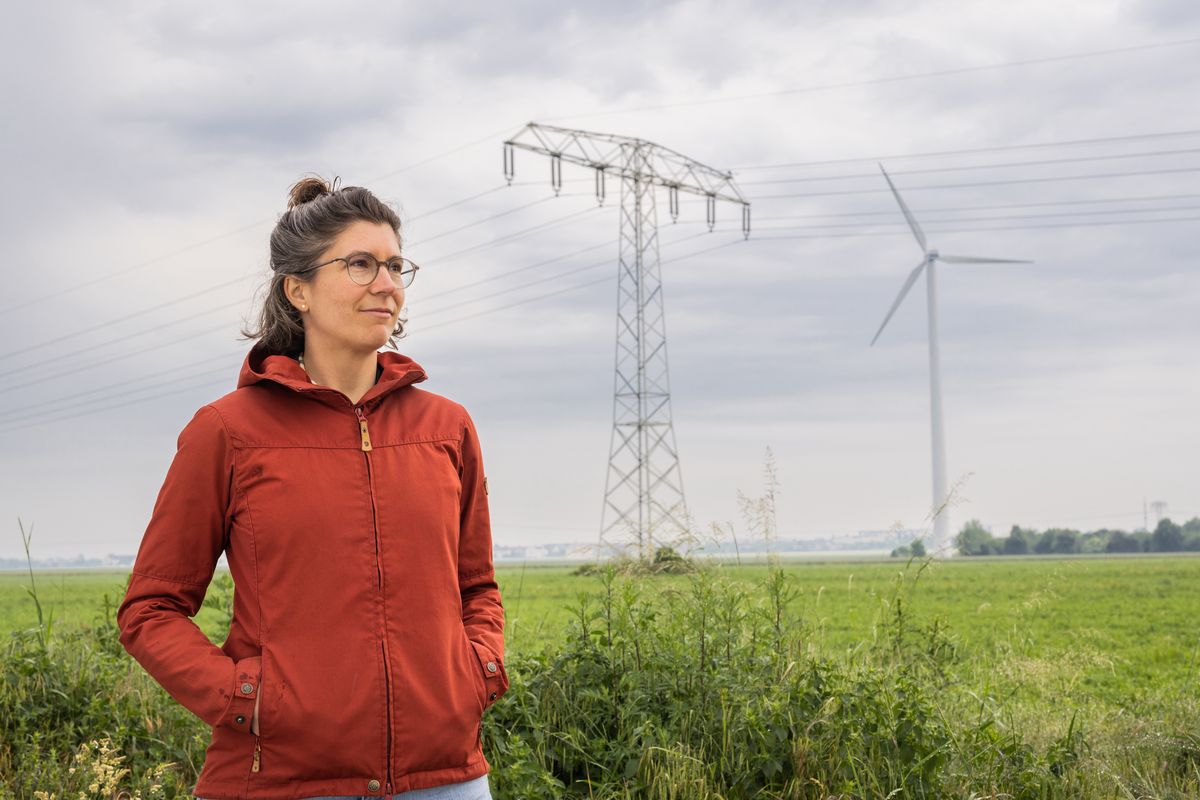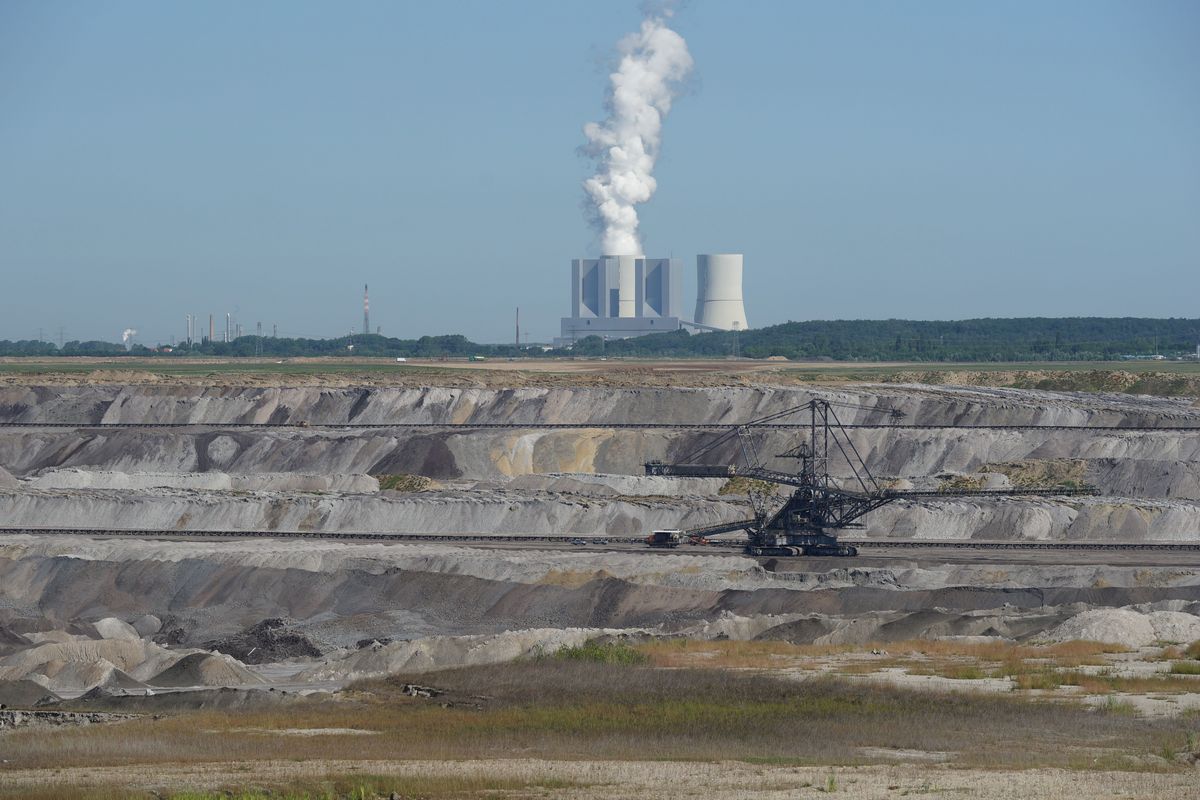The world is changing dramatically: as military conflicts and bitter trade wars rage, companies are abandoning a global mindset in an effort to strip production chains back to the bare minimum. At the same time, new inequalities are emerging, not only in the cost of living, but also in terms of the impacts of climate change and biodiversity loss, and in resilience to zoonoses and modern diseases.
The end of globalisation?
The situation is daunting: how can we address all these challenges at the same time? To make matters worse, this very question has polarised societies. How do we get out of this multi-crisis? The legislation just passed by the German Bundestag concerning renewable energy-based heating systems is a good example because it brings together many factors of the multi-crisis that are having a direct impact on individual lives. The profound changes in access to raw materials as a result of the Russian war of aggression and the technological shift towards decarbonisation – which German society has been putting off for years – will have a direct impact on the heating systems that people choose to use in their homes or rented flats. It is quite understandable that this multi-crisis is a source of conflict for individuals specifically and society at large; accordingly, politicians must take up the task of explaining such complex interrelationships. It is in the very nature of the multi-crisis that it cannot be made to disappear by simply choosing between two options. On the contrary, in the long term, policy-making is likely to become increasingly complex. This is clearly causing massive social stress – in this country and in all parts of the world. It is important to understand that we are not the only ones facing this multi-crisis.
Since the 1990s, the globalisation narrative has accustomed us to the idea that everything in the world is somehow connected to everything else. Its simple promises of a peaceful world order, an enormous increase in production, and, therefore, prosperity for all through better networking have proved to be an illusion. This narrative has become less and less convincing, not least since the coronavirus pandemic and Russia’s war against Ukraine. The question is increasingly being asked whether the multiple crises of the present make it necessary to turn away from global, transregional interdependencies, or whether this change is simply a consequence of such crises.




Comments
No comments found!